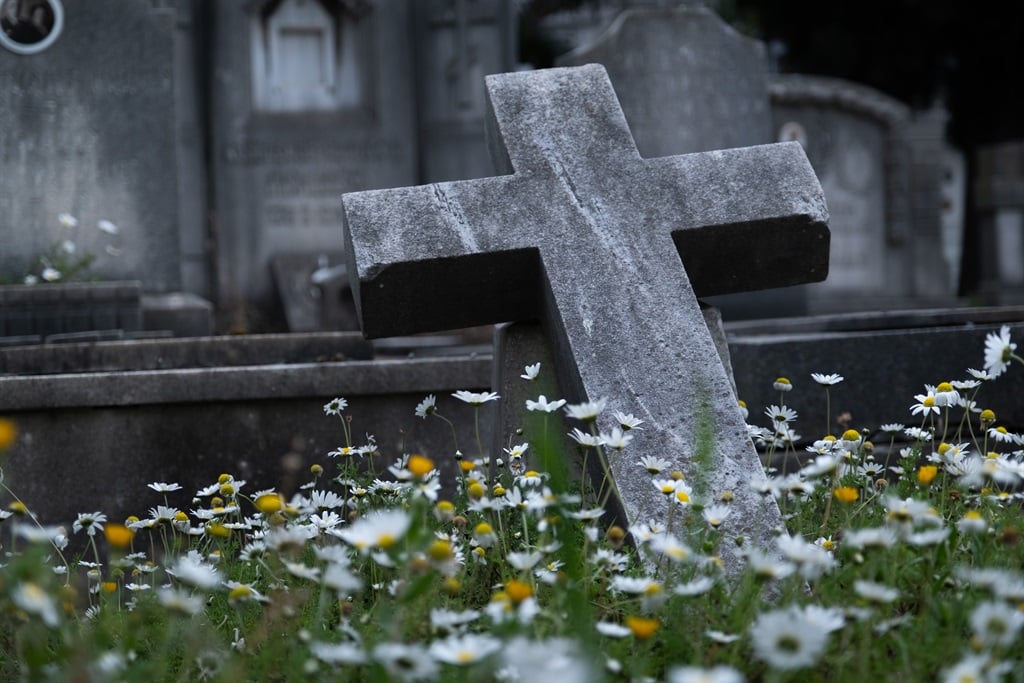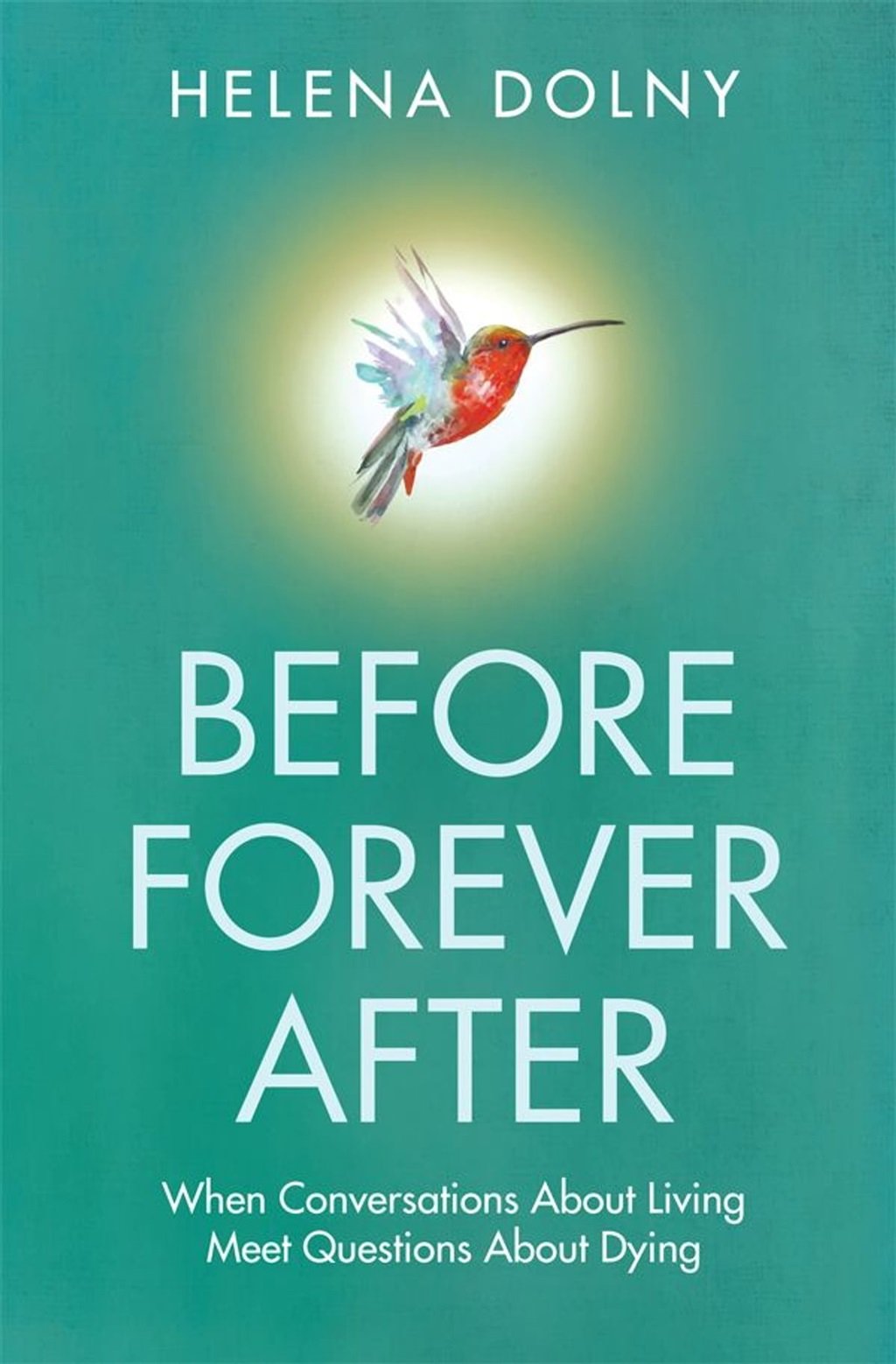
Live by Design is a weekly News24 column by Dr Helena Dolny and Mapi Mhlangu on mortality and the conversations around it.
Have you ever "buried" a blood relative while they are still alive? Do you know of situations where the rift in the family is such that a son says to a father, "You are dead to me," or vice versa?
How do you support a person going through this grief and psychological loss of a primary relationship? And then, what can be expected when the long "dead-to-you" relative actually dies physically?
A colleague informed me of his father's passing and his need to take time off work. My initial response was to show empathy and support for his loss. I shared the news with other coworkers, and we all expressed our condolences and discussed how we could be there for him during this difficult time.
I haven't been close to this colleague. I am aware that not everyone has a positive relationship with their parents, filled with happy memories and love, but I still tend to assume a deep sense of sadness and grief when someone loses a parent.
I wrote the following message to my grieving colleague:
"I am truly sorry to hear about the loss of your father. I can only imagine the depth of your grief. Please know that my thoughts are with you during this difficult time. May you find comfort in the cherished memories you shared with him and know that he will always hold a special place in your heart. If there is anything I can do to support you, please do not hesitate to reach out."
My message, as it turned out, was way off the mark. Less than an hour after I sent this message, someone commented about his Facebook status. This is what he wrote—the block capitals for emphasis are his.
"I WAS NOT SAD WHEN MY FATHER DIED. I did not mourn his death. In fact, I had a sense of ecstasy once the funeral ceremony was concluded. I know it sounds absurd and frankly callous of a boy child not to feel pain when his father dies, but I was not and still would not, even if given a second chance. In fact, I will not feel any pain anytime soon if I can help it.
"The truth is I killed my father. Yes, I had to kill my father to survive the Mncube's malady, i.e., mental illnesses. My psychologist helped me commit the ultimate crime. My father was murdered in what we described with my psychologist as a mercy killing.
"The idea of killing my father emerged whilst I was sitting comfortably on the Freudian couch with my psychologist. She was talking non-stop, trying to console me. I was weeping uncontrollably. (Extract from The Love Diary of a Zulu Boy).
Yesterday afternoon, my father took his last breath. He died a second time. I didn't cry, but I wanted to. Rest in peace, Mzilakatha. We all have to deal with our demons at some stage. Hopefully, your demons will disappear into the ground like your body."
My colleague had already gone through what Litsa Williams calls ambiguous grief, which is grieving someone who is still alive. Today, he is grieving while navigating the delicate balance of honouring the deceased while supporting loved ones who may have had differing relationships with them.
Mourning the death of someone you have already buried long ago, metaphorically speaking, can be a complex and emotional process. It may involve feelings of relief, guilt, sadness, anger, and confusion.
In writing about his experience, my colleague acknowledged the conflicting emotions from his decision to "murder" his father. He mourned the loss, while also feeling a sense of freedom from his father's toxic behaviour. As he mourns the second time, he will reflect on the impact his father had on his life, both positive and negative, and explore how his second death has affected him.
I've decided to validate his feelings and witness his grief without judgment because we can learn from his decision to prioritise his own mental and emotional well-being. He sought out support from a therapist when he realised his relationship with his father was not a happy one. He allowed himself to process his feelings in a healthy way.
My thoughts are with him and his family as he steps in to support his siblings and relatives who might have had different experiences to his. As a firstborn, he is tasked with giving his father a decent send-off.
I feel for his twice-over pain—his first grief when self-protectively he closed his father out of his life, and now his father's actual physical death.
I have the deepest respect for his honouring of his mantle of traditional responsibility. His Facebook posting may have been shocking to some—personally, my heart tells me that empathy, not judgement is appropriate. Wounds can heal, or wounds can fester. Words can comfort or words can inflict hurt. I sincerely want my words of support to go towards the healing.
Want to read more articles in this series? Click here.
Disclaimer: News24 encourages freedom of speech and the expression of diverse views. The views of columnists published on News24 are therefore their own and do not necessarily represent the views of News24.




 Publications
Publications
 Partners
Partners













